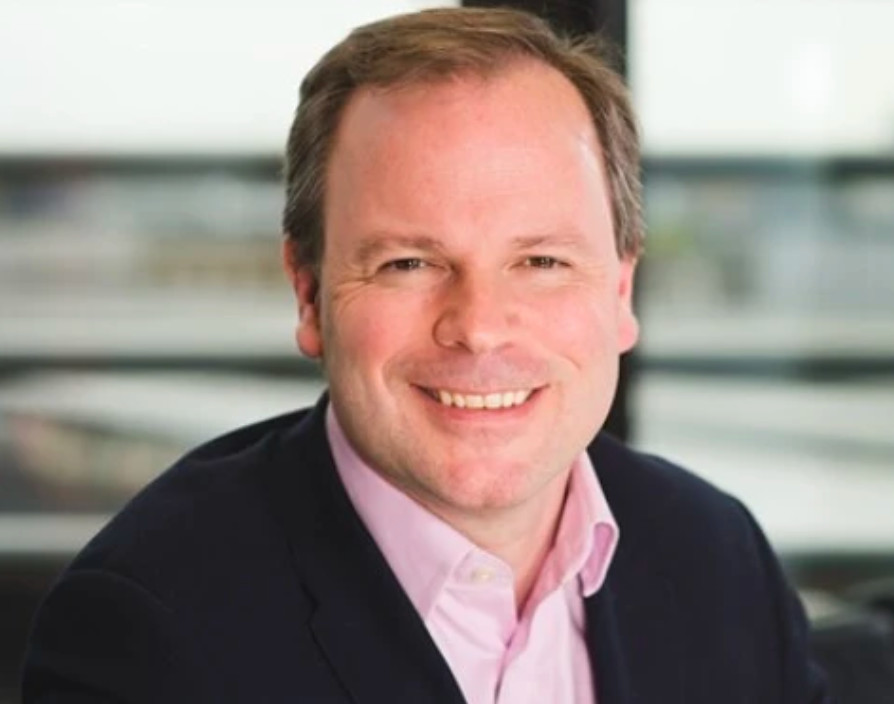Sir Craig Oliver has been at the heart of the UK’s news both as a Senior Editor at BBC News and Director of Communications for David Cameron, giving him unrivalled experience on both sides of the story. He passed on some of his wisdom about managing communications….
These are turbulent times for the government and the journalists, charged with reporting on COVID, Brexit and a news agenda unparalleled in peacetime politics.
Sir Craig Oliver was David Cameron’s Director of Communications at No 10 for five years, which included the historic Brexit Referendum. He is intimately acquainted with the major players in the government and the challenges they face and whatever your politics, there’s no denying Oliver’s experience on both sides of the media – writing the news and managing the story. A task which, in either role, has accelerated exponentially from a 24-hour news cycle to continual updates throughout the day.
Print news may still make a big noise, but the real frontline is digital these days. That’s where messaging cuts through, that’s where you can reach who you want, when you want.
You’ve got to absolutely immerse yourself in the digital communications world, says Oliver. The only way to do that is to make sure you’ve got social media accounts that you’re publishing on and that you’re constantly aware of what the latest techniques are.
A lot of businesses and organisations cling onto the past. It’s a bit like saying, I’m not really convinced by this newfangled thing, the printing press or this newfangled thing, radio or television. It’s been the future for a long time now and people really have to get on board with it.
Mastery of social media is a given in comms these days and the triumph of the ‘leave’ vote in a referendum on something that was not previously polling as a key issue to much of the British public, shows that it is still mastery of the message as much as the method of delivery that really matters.
Oliver believes the Brexit vote highlighted and accentuated a cultural divide in the country.
People have become very tribal. There’s a real danger that people will descend into social media bubbles or filter bubbles and we’ll end up in a situation where there’s just a vast cultural divide in society.
What’s really important is that politicians don’t seek to exploit that, but find ways to unite people. Once we finally get past coronavirus and Brexit, there’s a huge number of issues this country is going to face and that’s going to require a lot of united effort.
One of the great characteristics David Cameron had was moderation. I think a lot of people miss moderation, and they feel that politics has become very tribal. People have become very ideological in their approaches. What I liked about David Cameron was the fact he was very clear about what he believed in terms of the economy and being socially liberal, but he was also prepared to talk and be moderate and have discussions with people, to find a way through.
In the reality of what he calls a ‘360’ media cycle, Oliver says the challenge for business is to be able to be respond quickly and get ahead of the curve whenever they can. An over-arching strategy is vital in managing the news agenda, otherwise your messaging becomes merely reactive rather than proactive.
Businesses need to be supple and lithe enough to be able to respond quickly and effectively, he explains, to not be constantly engaged in tactics and get bogged down dealing with things, but have a strategy to really remain focused. The danger is you’ll get sucked into constant firefighting, when you really need to be able to put out the fires, but also have a real sense of direction so you don’t get constantly distracted.
Ensuring your message cuts through is difficult in an era of so-called ‘fake news’ and so much white noise on media channels, he believes.
I think what’s really interesting is the way digital media is developing, a lot of people are seeking more in-depth approaches. The birth of podcasts, which often spend a lot of time on a very narrow detail of something, is showing people do want more depth and detail. If you look at the success of publications like the New York Times, the Economist or the Financial Times, there is often a real solid niche of people who want more in-depth coverage.
So, we’re in a situation where those journalistic entities that try and go down the middle seem to be struggling. The ones I think are more successful are actually going into more depth and detail or, alternatively, taking the frothier approach.
And in advice to the Downing Street comms team today, Oliver believes the Government needs to dial down the hype on certain policies.
At the moment, what’s really important is that the government is factually accurate and straightforward, and also picks a lane and sticks to it. I think one of the things people have struggled with, is that the government has been quite hyperbolic in its approach. They’ve often said, ‘we’re world beating, we’re world class’, and as a result of that, pride comes before fall, they trip up and realise there are all sorts of problems and systems that aren’t working.
I also think what people really want is just a straightforward recounting of the facts. There is a role for creating hope and making sure that people have the right morale, but I think there’s been a bit too much of the latter and not enough of the former.
They could probably do with him at Number 10 right now, but in the meantime, in his life after Downing Street, Oliver has become one of the UK’s foremost commentators and speakers on strategy and communications. Catch him at the right time and you could get the real insider info.
Sir Craig Oliver is just one of the many keynote speakers that are available to book for both virtual and live events via Champions Speakers.
“
Share via:


















































